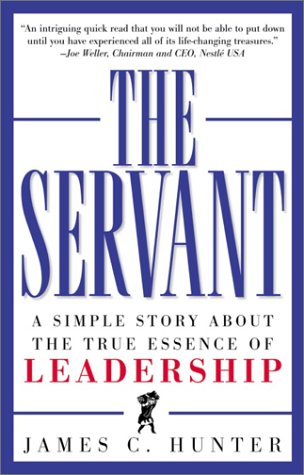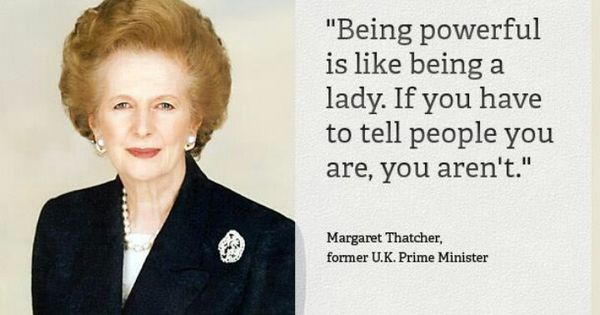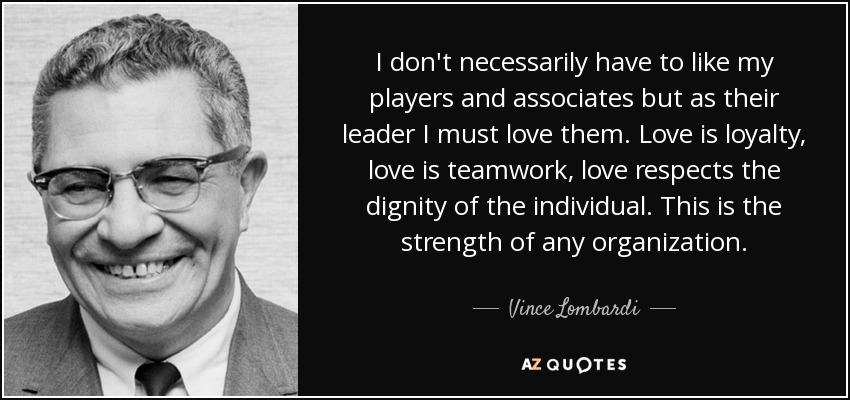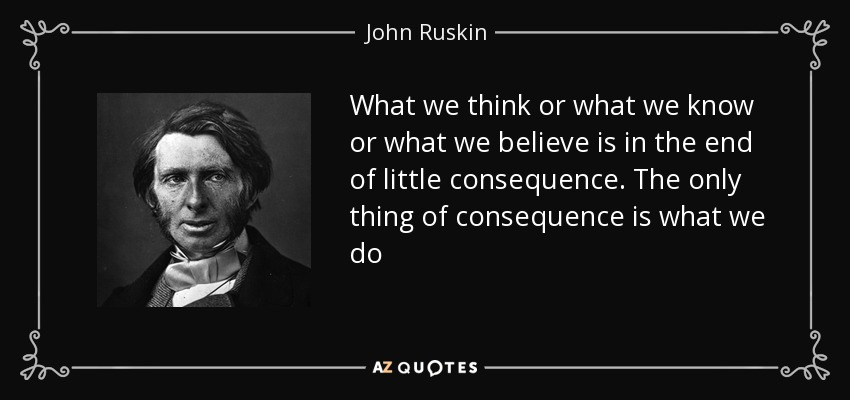Click here to return to Blog Post Intro

Definitions
Hunter starts by providing some definitions:
- Leadership: The skill of influencing people to work enthusiastically toward goals identified as being for the common good.
- Power: The ability to force or coerce someone to do your will, even if they would choose not to, because of your position or might.
- Authority: The skill of getting people to willinglydo your will because of your personal influence.
Note that power is defined as an ability while authority is defined as a skill. Authority cannot be bought or sold, given or taken away. Authority is about who you are as a person, your character, and the influence you’ve built with people.
Here are the top 10 qualities essential for developing authority with people:
- Honest/Trustworthy
- Good role model
- Caring
- Committed
- Good Listener
- Held people accountable
- Treated people with respect
- Gave people encouragement
- Positive, enthusiastic attitude
- Appreciated people
If a leader is not accomplishing the tasks at hand but is only concerned with the relationship, that may be good baby-sitting but certainly not effective leadership. The key then to leadership is accomplishing tasks at hand while building relationships.
Remember, employees will spend roughly half their waking hours working and living in the environment you create as a leader. It is amazing how nonchalantly and even flippantly people respond to that responsibility. For most employees, being treated with dignity and respect, being able to contribute to the success of the organization, and feeling in on things rank higher than money.
Effective leaders understand the key to ensure healthy business is to take care of the C.E.O.S. (customers, employees, owners, and suppliers).
The Old Paradigm
“If you do not change your direction, you will end up exactly where you are headed.” – Ancient Chinese Proverb
We do not see the world as it is–we see the world as we are. The world looks very different depending on your perspective. The world looks different if I am rich or poor, sick or healthy, young or old, black or white.
Almost everyone buys into the idea of continuous improvement but by definition it is impossible to improve unless we change. It’s those brave souls on the cutting edge who are challenging and asking questions that will lead the way for others. George Bernard Shaw once said, “The reasonable man adapts himself to the world, the unreasonable one persists in trying to adapt the world to himself; therefore, all progress depends on the unreasonable man.”
In the top-down style of management, everyone in the organization is looking upward toward the boss and away from the customer. Who are we willing trying to please? Who do we serve?
The role of the leader is to serve. What an interesting paradox. What if we had it upside down all along? Perhaps the way to lead best is by serving.
In short, the leader is someone who identifies and meets the legitimate needs of their people, removes all barriers, so they can serve the customer.
The Model
Remember, the role of leadership is to serve, that is, to identify and meet legitimate needs. In the process of meeting needs, we will often be called upon to make sacrifices for those we serve.
Intentions – Actions = Squat; All of the good intentions in the world don’t mean a thing if they don’t line up with our actions.
Intentions + Actions = Will; It is only when our actions are aligned with our intentions that we become congruent people and congruent leaders. Leadership begins with the will, which is our unique ability as human beings to align our intentions with our actions and choose our behavior. With the proper will, we can choose to love, which is about identifying and meeting legitimate needs—not wants—of those we lead. When we meet the needs of others, we will be called upon to serve and even sacrifice. When we serve and sacrifice for others, we build authority and influence. Then, we have earned the right to be called a leader.
The Verb
When Jesus speaks of love in the New Testament, the word agape is used—a love of behavior and choice, not a love of feeling. So, he didn’t mean that we should pretend bad people are not bad when they clearly are or feel good about people who act despicably. But he is saying that we ought to behave well toward them.
Love is not how you feel toward others but how you behave toward others. Love could be defined as the act of extending yourself for others by identifying and meeting their legitimate needs. Love is:
- Patience: Showing Self-Control
- Kindness: Giving Attention, Appreciation, and Encouragement
- Humility: Being Authentic, Without Pretense or Arrogance
- Respectfulness: Treating Others as Important People
- Selflessness: Meeting the Needs of Others
- Forgiveness: Giving up Resentment when Wronged
- Honesty: Being Free from Deception
- Commitment: Sticking to Your choices
- Results (Service and Sacrifice): Setting aside your own wants and needs and seeking the greatest good for others
Statistics show the average person spends roughly 65% of the time listening, 20% speaking, 9% reading, and 6% writing. William James, one of the country’s greatest philosophers, once said that at the core of the human personality is the need to feel appreciated. Listening is probably our greatest opportunity to give attention to others on a daily basis and convey how much we value them.
Active listening requires a disciplined effort to silence all that internal conversation while we’re attempting to listen to another human being. It requires sacrifice to block out the noise and truly enter another person’s world—even for a few minutes.
The Environment
“Men and women want to do a good job. If they are provided the proper environment, they will do so.” – Bill Hewlitt, Founder, Hewlitt-Packard
Think of your area of influence as a garden that needs tending. Gardens need attention and care, so ask, “What does my garden need? Does it need to be fertilized with appreciation, recognition, and praise? Does my garden need to be weeded?”
As a leader, you are responsible for the environment that exists in your area of influence and you have been given the power to carry out your responsibilities.
A Psychology Today article pointed out that for every “withdrawal” from people, it takes four “deposits” to get back even. A four-to-one ratio! Therefore, we should be very careful about making withdrawals from others’ accounts, as they can be very costly.
85% of the public sees themselves as above average. Asked about their ability to get along with others, 100% put themselves in the top half of the population, 60% rate themselves in the top 10%, and 25% put themselves in the top1%. Asked about their leadership ability, 70% rated themselves in the top quartile and only 2% rated themselves below average.
As leaders, it is our responsibility to provide the right environment and the necessary friction, so people can choose to change and grow.
The Choice
Be most concerned with the behavior of your leadership team and legislating their behavior. If the leadership team is on the right page, the rest will follow naturally.
Our thoughts, feelings, beliefs—our paradigms—do greatly influence our behavior. Our behavior also influences our thoughts and feelings. When we as human beings make a commitment to focus attention, time, effort, and other resources on someone or something, we begin to develop feelings for the object of our attention.
Jerome Brunner, noted Harvard psychologist, says we are more likely to act ourselves into a feeling than feel ourselves into action.
Break responsibility into two separate words: response and ability. The stimulus always comes at us, but we as human beings have the ability to choose our response. In the concentration camps, some behaved like swine while others behaved like saints. Man has both potentialities within himself, and which one is actualized depends not on conditions but on decisions.
Thoughts become actions, actions become habits, habits become our character, and our character becomes our destiny.
The Payoff
“For every disciplined effort, there is a multiple reward.” – Jim Rohn
It’s a lot of work to build influence…the work of paying attention, loving, extending oneself for others, and the discipline required to learn new skills and behaviors.
The leader of authority is called to make many choices and sacrifices. A great deal of discipline is required. But, that’s what we signed up to do when we became a leader!
In a sociological study of people over the age of 90, respondents were asked, “If you were to live your life over again, what would you do differently?” The top three answers were:
- Risk more
- Reflect more
- Do more that would live on after they were gone.
If we are truly leading with authority, extending ourselves for others, we will be following the Golden Rule, and our lives will be aligned with God. Serving others breaks you free from the shackles of self and self-absorption that choke out the joy of living. C.S. Lewis once said that if you don’t believe you are self-centered, then you are probably very self-centered.
Dr. Karl Menninger, the famous psychiatrist, was once asked what he would recommend if someone was about to have a nervous breakdown. He said he would tell them to leave their house, cross the railroad tracks to find someone in need, and help them.
Our purpose here as human beings is to grow toward psychological and spiritual maturity. This is what pleases God. Loving, serving, and extending ourselves for others forces us out of our self-centeredness…and that is the essence of true leadership.
Who will you serve today, as you shoot for the stars?



